I am brave and so are you
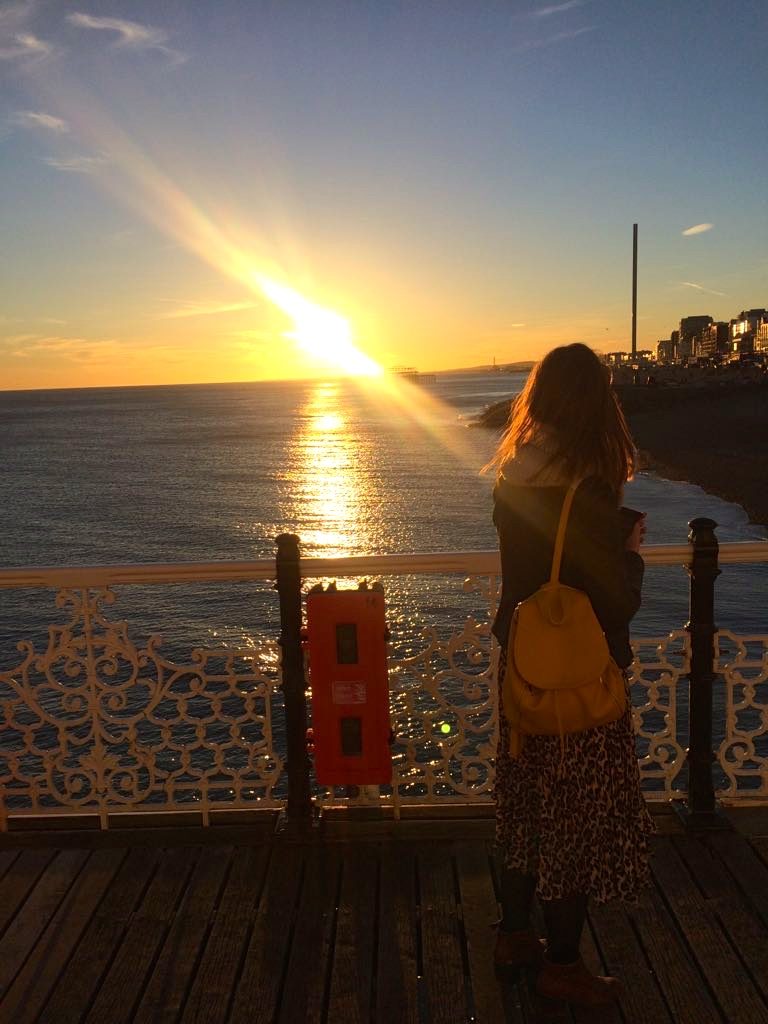 I’ve been thinking a lot about bravery. Not large-scale, obvious bravery, deserving of medals and ceremonies, but everyday acts of courage that can easily go unnoticed.
I’ve been thinking a lot about bravery. Not large-scale, obvious bravery, deserving of medals and ceremonies, but everyday acts of courage that can easily go unnoticed.
What requires each of us to be brave varies enormously. Something I have to be brave to get through might not even make it onto the list of things you’d worry about. Similarly something that keeps you awake at night might feel as simple to me as opening the fridge, or buttering a piece of toast.
And I think that’s what makes it difficult. That sometimes we feel we’re wrong for needing courage to endure parts of life that others would find easy. But we’re not.
Sometimes it requires bravery for me to go and meet friends for dinner. You wouldn’t think it – I’ll enjoy getting ready, I’ll be the one to suggest a restaurant, and I’ll crack jokes every ten seconds from the moment we sit down because HEAVEN FORBID there should be a moment of silence. But my heart will be beating faster than it should. I’ll be hoping hard that I won’t f*ck up. I’ll be giving myself silent pep talks throughout, including reminders to breathe. And I’ll be looking forward to getting home and looking back on another night where I proved to myself that I’m OK. It doesn’t mean I don’t enjoy going out, there’s just a lot going on behind the scenes, as there is for all of us.
But then other typically scary activities won’t frighten me at all. I’ll happily do a bit of public speaking and (as long as tripping hazards are kept to a minimum) I’ll probably enjoy it. I’m also rather partial to a roller coaster. I like interviewing total strangers too. But ask me to walk into a pub full of friends and I’m gonna need a second to prepare myself. We’re all different. There is no right or wrong way to feel.
But it can feel like there is, and that influences how we deal with it. It’s much easier to berate ourselves for feeling nervous, worried or upset than it is to just admit it and accept that it’s OK. We assume others would judge us if they knew how we felt so we get in there and do it to ourselves first. How remarkably unhelpful our brains can be.
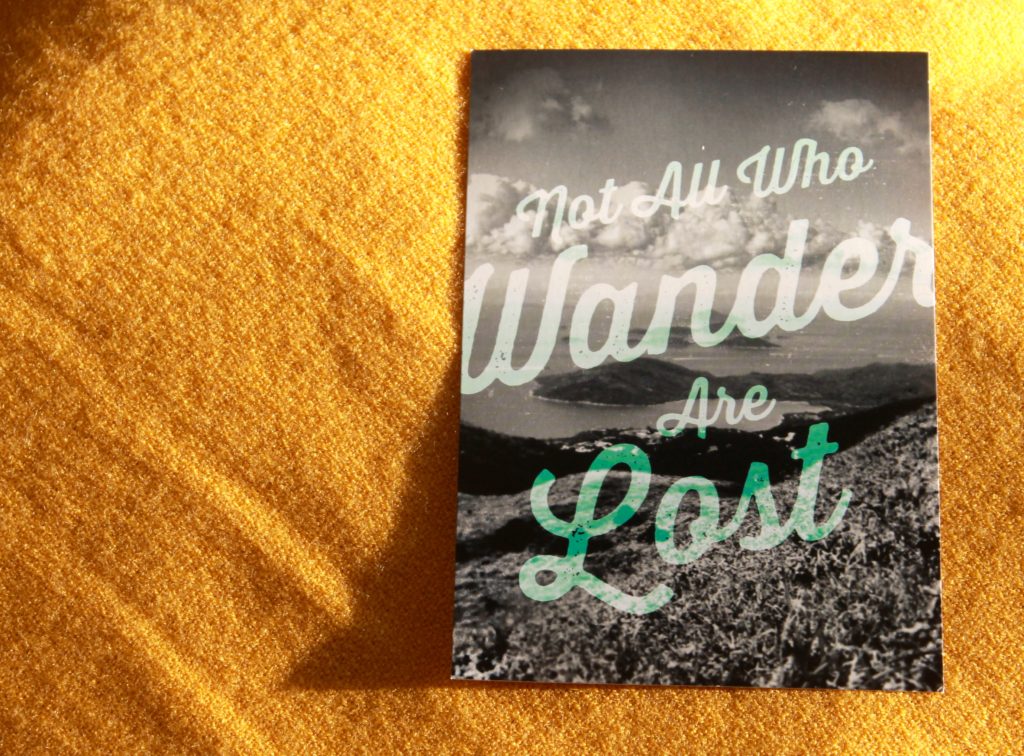 But this is not how we treat our friends. So many of our conversations with each other are about courage. About being brave enough to speak up at work, to ask for what we want from a relationship, or to overcome our imposter syndrome and keep following our dreams.
But this is not how we treat our friends. So many of our conversations with each other are about courage. About being brave enough to speak up at work, to ask for what we want from a relationship, or to overcome our imposter syndrome and keep following our dreams.
We use such kind language with each other. Any time a friend says they’re ‘ridiculous’ for feeling a particular way our immediate response is “No, you’re not”. It’s so obvious that it’s automatic. Their feelings are never invalid, so why do we think ours are?
Ever since I started freelancing, bravery has become a much bigger part of my life. And I think it’s done me good. I simply cannot make any progress at all if I’m not brave. No emails would be sent, no fees would be discussed, and no articles would be written as I’d be too afraid to start typing. But every time I overcome a fear I’m encouraged to do it again. Because each time I’m gathering more evidence that it’ll all be OK. That I will cope and I will learn. And that the worst-case scenario is not just bearable, but worth the risk.
When my anxiety was as its peak I used to sit on the train and wonder how many other people were having to work as hard as I was to hold it together. Now I know that the answer was undoubtedly loads. Every person is being brave in some small way, you’d just never know it from looking at them.
We should all be better at acknowledging when we’ve been brave. We should swap the story we tell ourselves around so that what we hear is that we coped brilliantly, not that we were stupid for ever thinking otherwise.
Because it’s OK to be who we are and that doing so takes courage. Accepting that might be the bravest part of all.
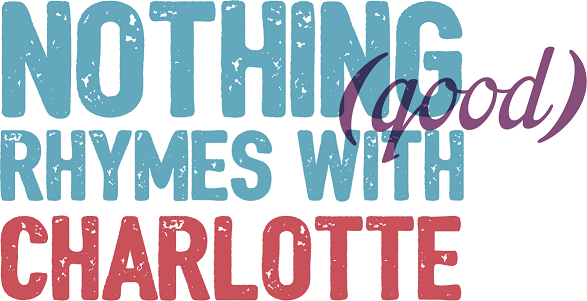
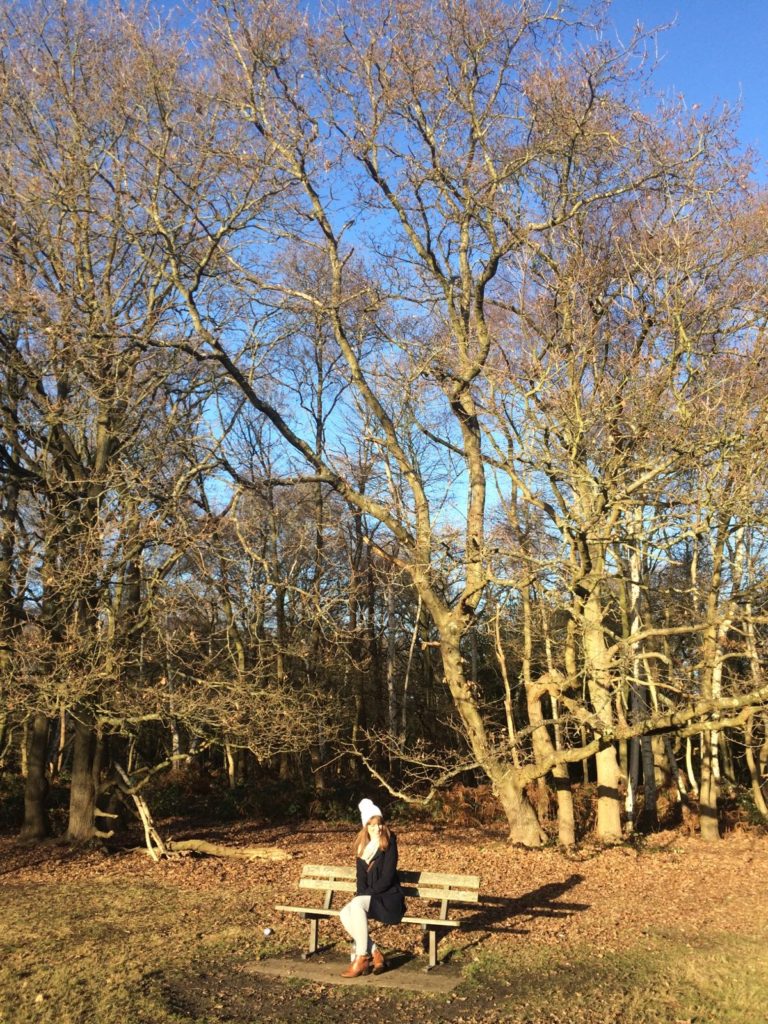 Pretty much every barrier to contentment I face comes up because I haven’t yet finished accepting who I am, how human beings work, and how life goes down.
Pretty much every barrier to contentment I face comes up because I haven’t yet finished accepting who I am, how human beings work, and how life goes down.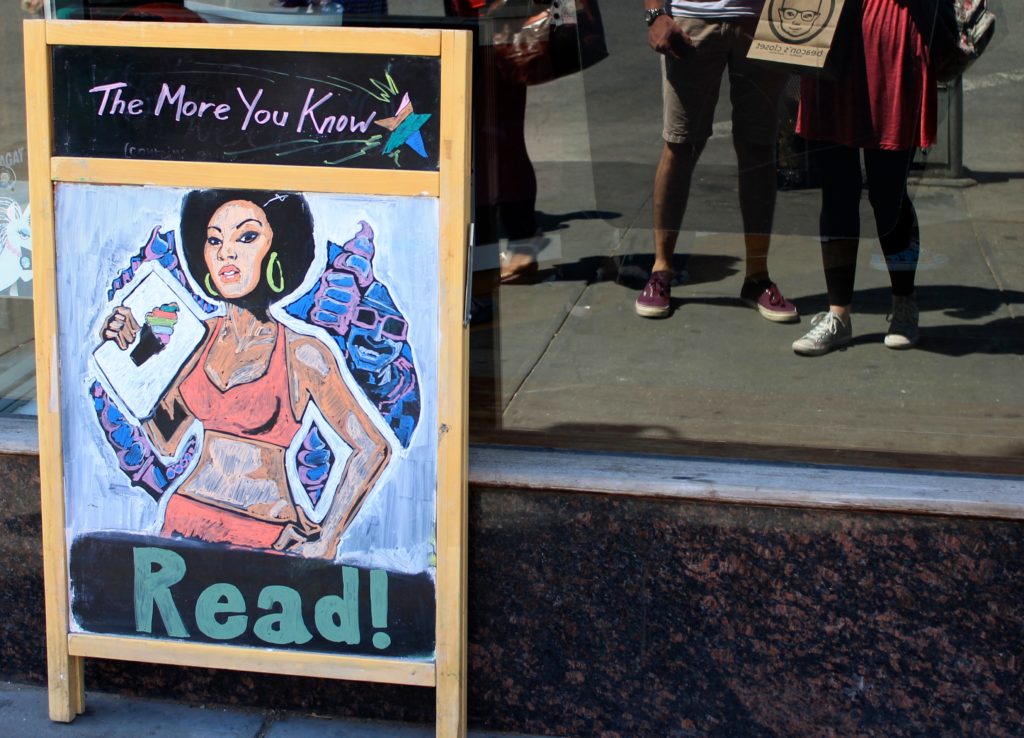 That crisps are delicious and I like to eat them. I’m not going to try and kid anyone and say that I’m giving up treats. The way I feel when I see that Pringles are on offer for £1 a tube is probably similar to the way a football fan feels when Idontcare United does a goal or whatever – very excited indeed. So I’m not going to deprive myself entirely of this joy, I’ll just try and have a weekends-only rule, or something extremely self-restrained like that.
That crisps are delicious and I like to eat them. I’m not going to try and kid anyone and say that I’m giving up treats. The way I feel when I see that Pringles are on offer for £1 a tube is probably similar to the way a football fan feels when Idontcare United does a goal or whatever – very excited indeed. So I’m not going to deprive myself entirely of this joy, I’ll just try and have a weekends-only rule, or something extremely self-restrained like that.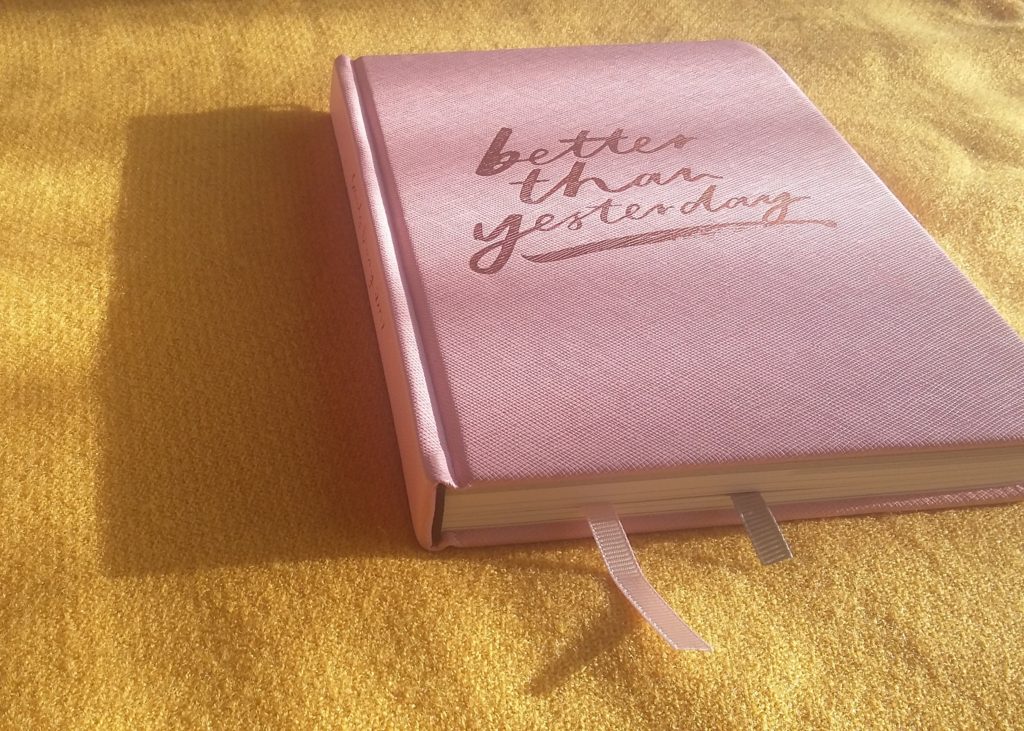 That there will never be enough time. Age is realising that there is nothing you can do to stop time slipping away from you. It’s sitting with your family or friends and feeling the day being pulled out from under you before it’s even begun. Fighting it won’t do you any good – all you can do is try to dedicate the time you have to the people and opportunities that matter most. I want to use my time more efficiently – who doesn’t – but I also want to accept the decisions I make about how I use it. Regretting what you did with one day will only eat into the time you have on another, so that’s a stage we can afford to lose.
That there will never be enough time. Age is realising that there is nothing you can do to stop time slipping away from you. It’s sitting with your family or friends and feeling the day being pulled out from under you before it’s even begun. Fighting it won’t do you any good – all you can do is try to dedicate the time you have to the people and opportunities that matter most. I want to use my time more efficiently – who doesn’t – but I also want to accept the decisions I make about how I use it. Regretting what you did with one day will only eat into the time you have on another, so that’s a stage we can afford to lose.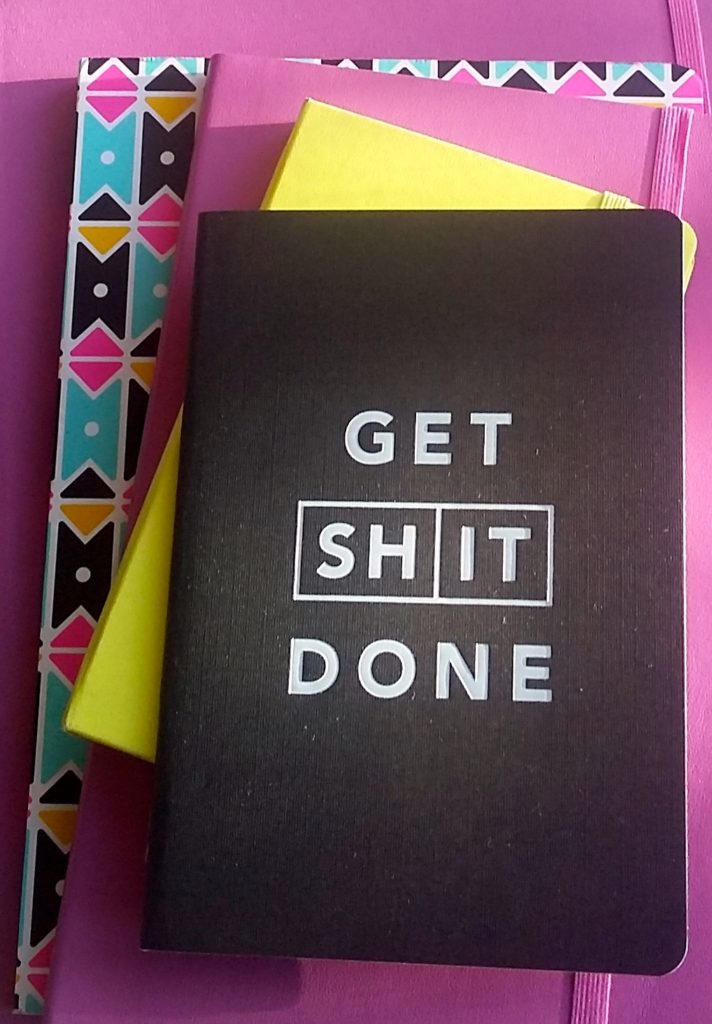 That life is not linear. One of the hardest things to get your head around is that there is no end point at which you’re handed a certificate for having done all of the things on your to-do list. Your life isn’t all set out in a line so that you can walk along it, ticking off your achievements on a clipboard. It’s much more interesting than that. I know this, I really do, I just forget it sometimes because I really like writing lists and crossing things off. So this year I want to remember how important it is to give yourself permission to stay open to what comes up, to change your mind, and to do what feels right for you.
That life is not linear. One of the hardest things to get your head around is that there is no end point at which you’re handed a certificate for having done all of the things on your to-do list. Your life isn’t all set out in a line so that you can walk along it, ticking off your achievements on a clipboard. It’s much more interesting than that. I know this, I really do, I just forget it sometimes because I really like writing lists and crossing things off. So this year I want to remember how important it is to give yourself permission to stay open to what comes up, to change your mind, and to do what feels right for you.